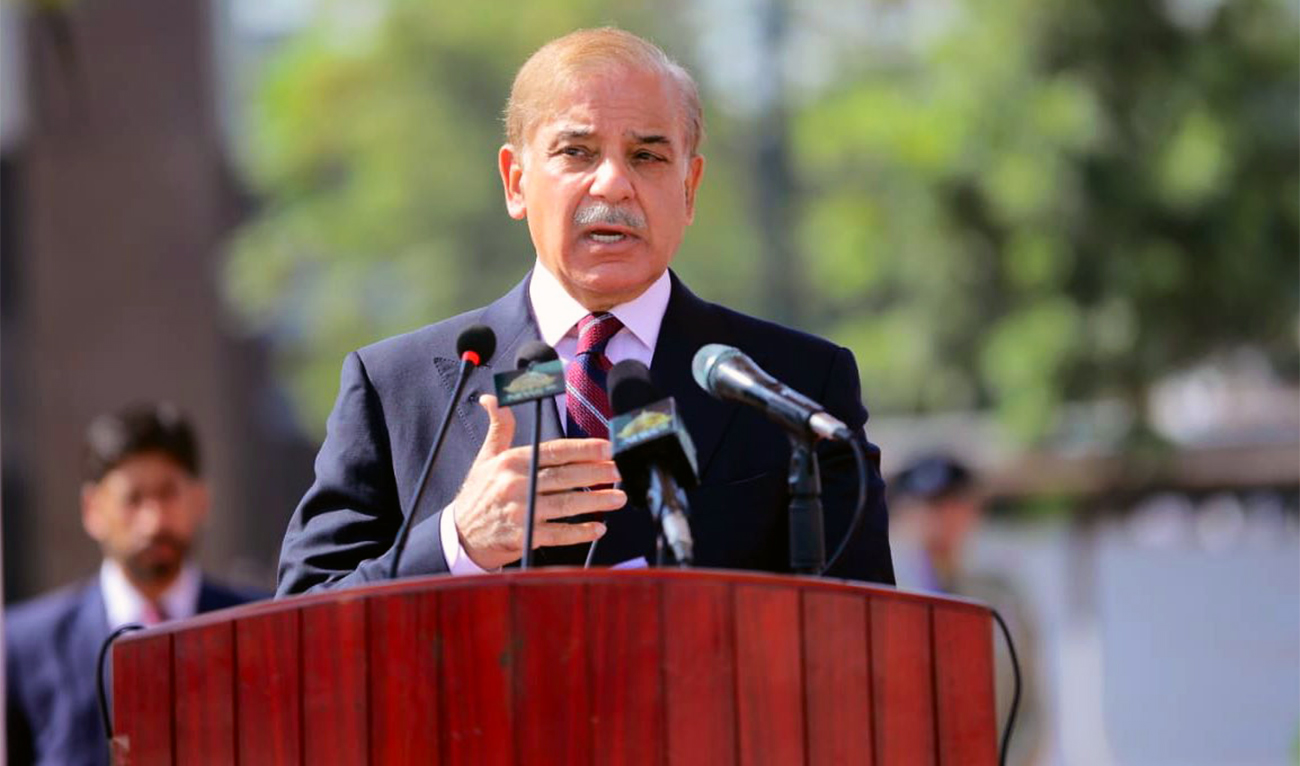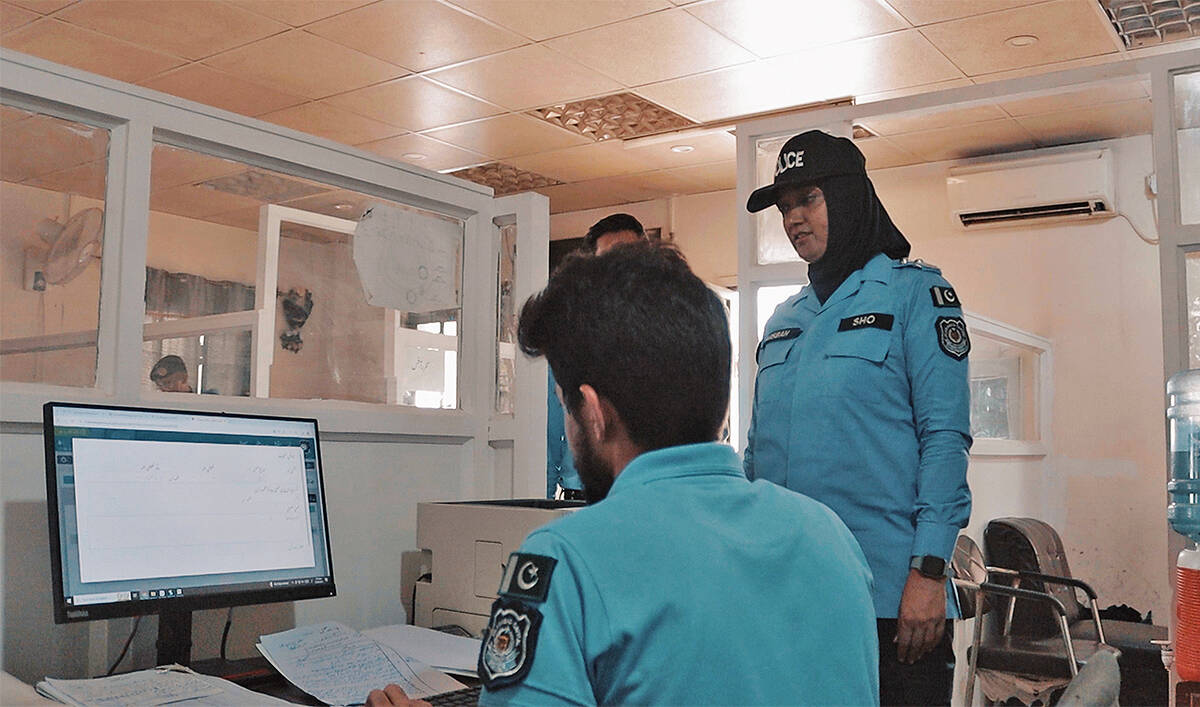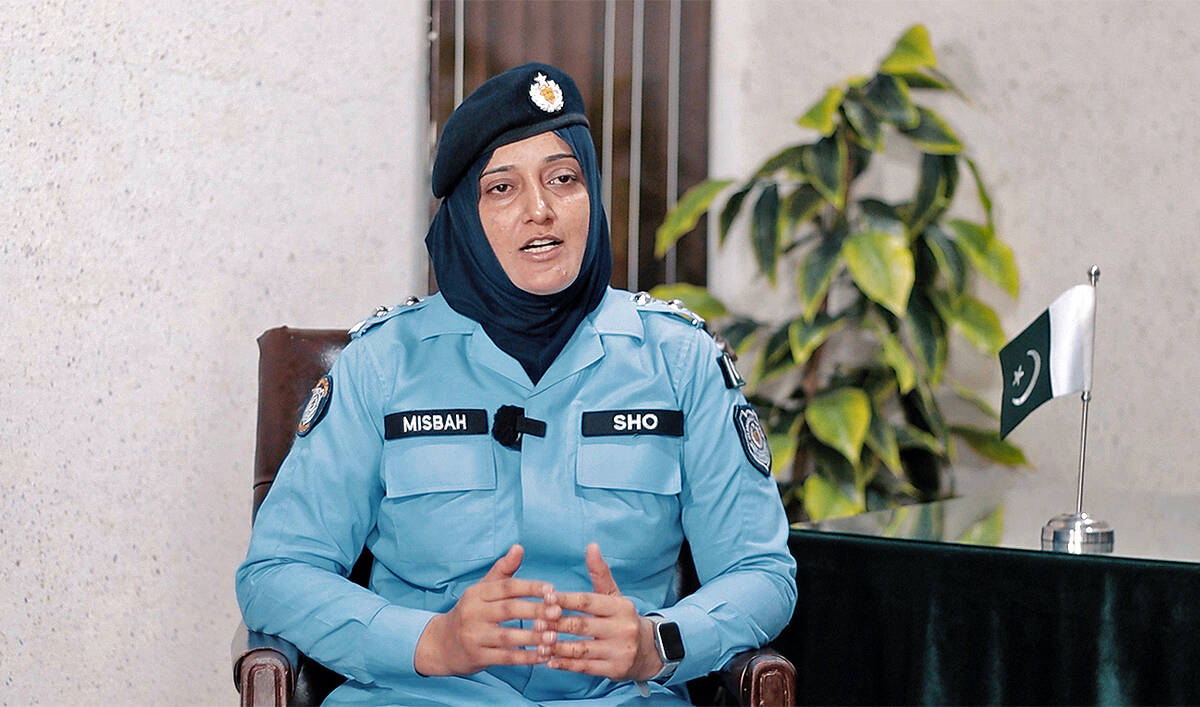KARACHI: Pakistan is hopeful of a breakthrough in the financing of a multibillion-dollar oil refinery project during an upcoming highly anticipated visit of Saudi Arabia’s Crown Prince Mohammed bin Salman, Pakistani Prime Minister Shehbaz Sharif said on Friday.
Islamabad and Riyadh signed seven investment agreements worth $21 billion during the first official visit of the Saudi crown prince in February 2019. The mega investment included a $10 billion Aramco oil refinery and a $1 billion petrochemical complex in the southwestern Pakistani port city of Gwadar.
However, a feasibility conducted in late 2019 suggested Pakistani authorities were looking for another location for the refinery project closer to the port city of Karachi rather than in the restive Balochistsn province, home to a long-running separatist insurgency.
While no date has been confirmed for the Saudi crown prince’s visit, Pakistani officials are hopeful of a progress on the proposed oil refinery and other projects while he is in Pakistan.
“The crown prince has assured of supporting various projects in Pakistan, including $9-$10 billion oil refinery that he brought to Pakistan in 2019,” Sharif said at a ceremony in Islamabad on Friday.

Pakistan Prime Minister Shehbaz Sharif addresses a ceremony in Islamabad, Pakistan, on October 28, 2022. (Government of Pakistan)
The Pakistani premier visited the Kingdom earlier this week, where he also held a meeting with Crown Prince Mohammed bin Salman. He told the Saudi crown prince that the people in Pakistan were awaiting his visit.
Speaking at the ceremony, Sharif said the Saudis had complained of a delay in the projects, including a hospital, and it was “very embarrassing” for him.
“Recently, a team from the Saudi Development Fund visited Pakistan and they complained of the delays,” he said.
“Believe me it was very embarrassing. I called a meeting and within 48 hours every procedure was completed.”
The prime minister said he apologized for the delays during his recent meeting with the Saudi crown prince.
“He (the crown prince) said ‘the people of Pakistan and Saudi Arabia are closely tied in a brotherly relationship’,” Sharif told the attendees.
“[He] has assured of supporting various projects in Pakistan, including the oil refinery.”
Pakistan’s petroleum products imports have increased by 6 percent to $4.86 billion during the first quarter of the current fiscal year (July-September), when compared with the same period last year, according to the Pakistan Bureau of Statistics.
The South Asian nation is already grappling with declining foreign exchange reserves and a widening current account deficit, besides higher inflation.
Pakistani experts and individuals familiar with the developments have called for an independent company and board for the implementation of the refinery project.
“Political volatility on our side, weak capacity at the ministry of petroleum and land issues in Balochistan stopped it,” Haroon Sharif, former chairman of Pakistan’s Board of Investment (BOI), told Arab News.
“If PM wants to revive, he should form an independent company with world class CEO and board to restart feasibility and implementation. Otherwise, it will remain a pipe dream.”
The project was imitated during Haroon’s tenure as the BOI chairman.
On Thursday, Pakistan’s Finance Minister Ishaq Dar also held a virtual meeting of a joint committee of the Saudi–Pakistan Supreme Coordination Council with Saudi Energy Minister Prince Abdulaziz bin Salman.
Both sides discussed and reviewed areas of mutual cooperation and collaboration, including energy, industry, mineral resources, commerce, finance, investment tourism, communication, information technology, agriculture, food security, transportation, logistics and maritime to increase trade exchanges and investment, according to the Pakistani finance ministry.
Pakistan is also expected to devise a new petroleum policy ahead of the Saudi crown prince’s visit, according to people familiar with the plans.


















